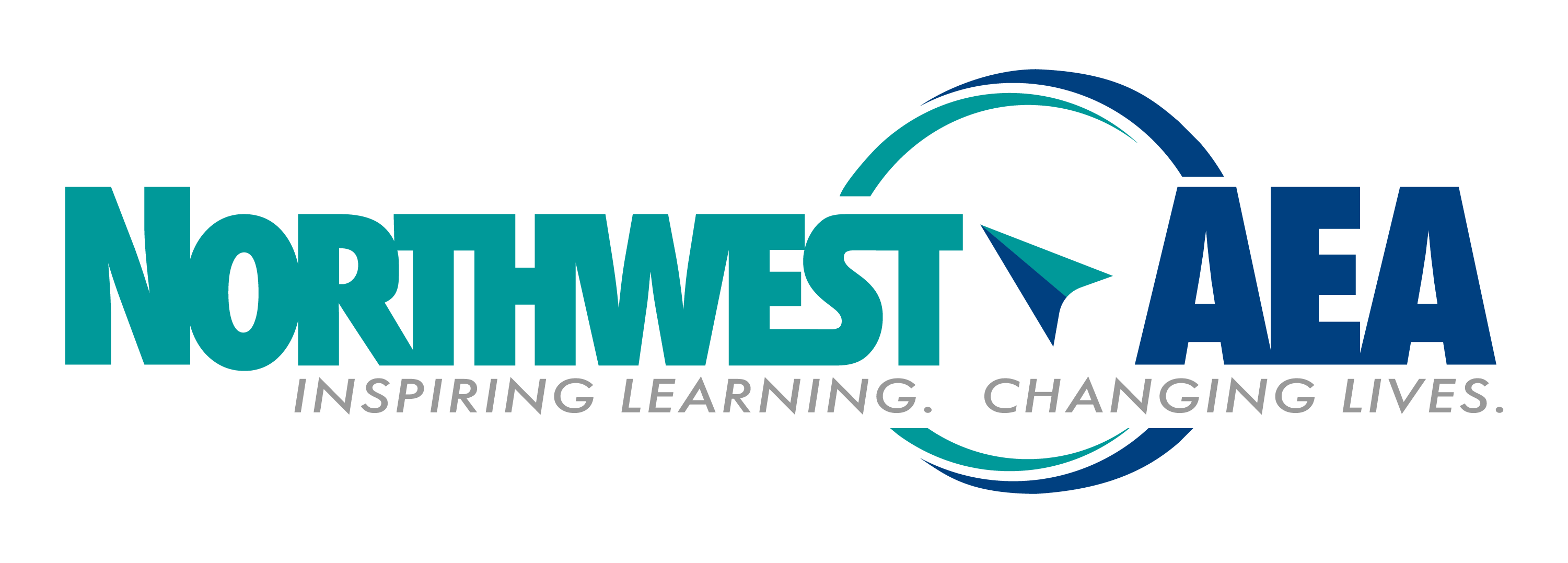Think about a math class memory you have. How old were you? How did you feel? Who was your teacher? Who else was in this memory?
Now think about whether this memory is a good memory or a not so good memory. Maybe as soon as you were asked to think about a math class memory, your hands got sweaty and your heart started to beat faster. Research shows approximately 93% of adult US-Americans indicate that they experience some level of math anxiety.
Unfortunately, history keeps repeating and some of the same experiences we had as students are experiences we are giving our students. So is math education broken? Robert Kaplinsky, a math consultant who is working hard to make math education better for students, has written about this topic and compiled some convincing evidence from various stakeholders. Here is what he found.
- Community: Go to Google and in the search bar, type “When will I ever use” and see what it predicts for the rest of your search query. You'll see that virtually all the results are about math - Try it!
- Students: Unsurprisingly, data from the 2019 TIMMS study showed that students shifted from liking learning math in 4th grade (38%) to mostly disliking learning it by 8th grade (45%). They also become less confident over these four years (32% very confident to 40% not confident)
- Teachers: Over 82% of mathematics teachers reported that they did not have enough time to teach one year of mathematics in one year. This inevitably leads to gaps in students' understanding and compounding problems over the years.
- Universities: While many kids enter college having taken at least 3 years of high school math, ACT reports that only 40% of students have the skills necessary to pass a college algebra class.
- Employers: According to the data from Hanover Research there's a large gap between the skills students are leaving school with and what employers actually need.
- Experts:In Conrad Wolfram’s TED talk, he explained that we're focusing too much on things that technology is already great at (computation) and not nearly enough on things computers cannot do.
At the beginning of this article you were asked to think about a memory from math class. For those who had not so good memories, how can you help your students to have a more enjoyable learning experience? The Northwest AEA Math Team is committed to changing this cycle by continuing to provide valuable professional learning opportunities. In the fall of 2024, we will be hosting professional learning on implementing the 8 Effective Teaching Practices. It is essential that we break out of our comfort zones and shift our instructional practices to better meet the needs of students in a constantly changing world.
For more information, visit our Mathematics page or contact Janelle Schorg at jschorg@nwaea.org.
